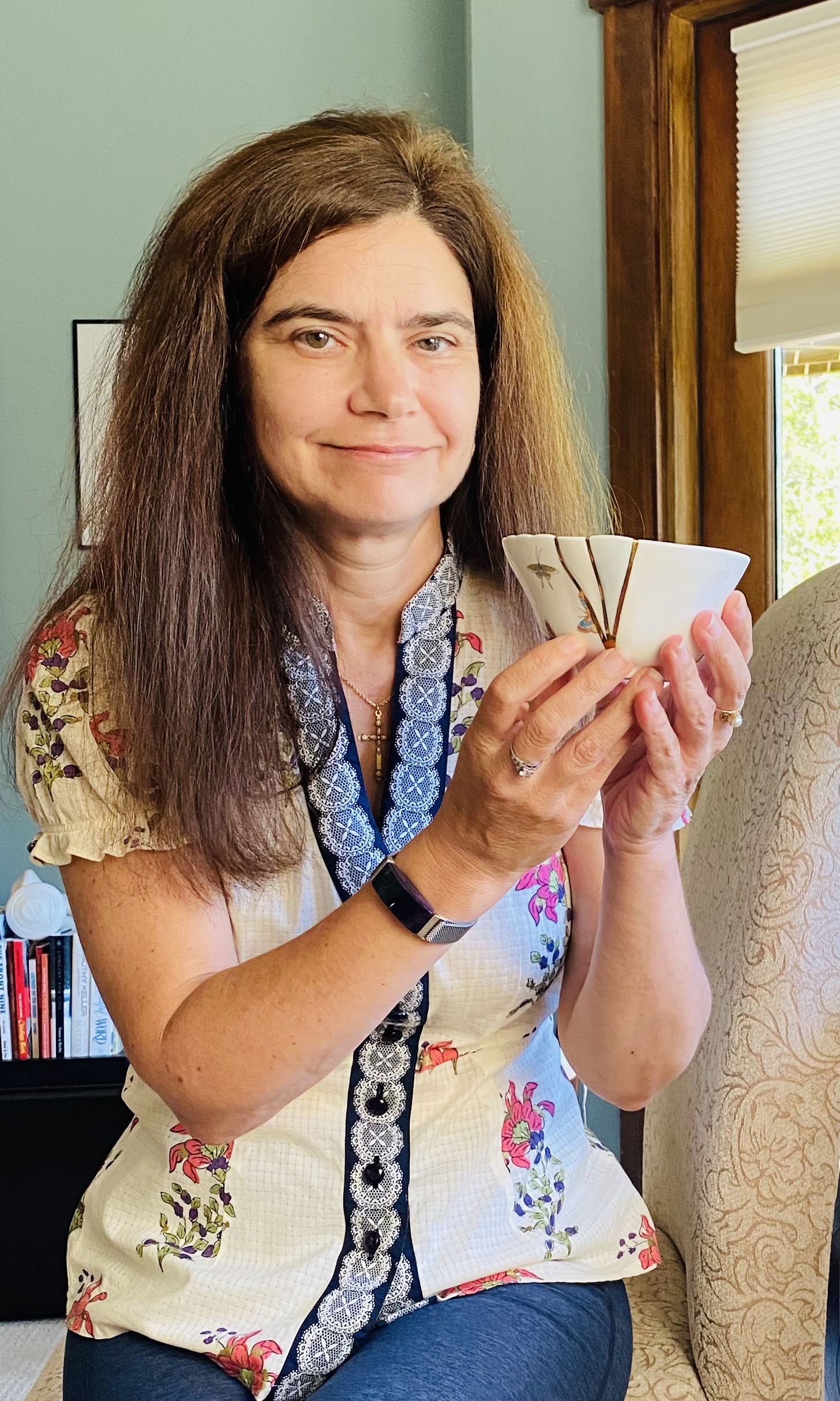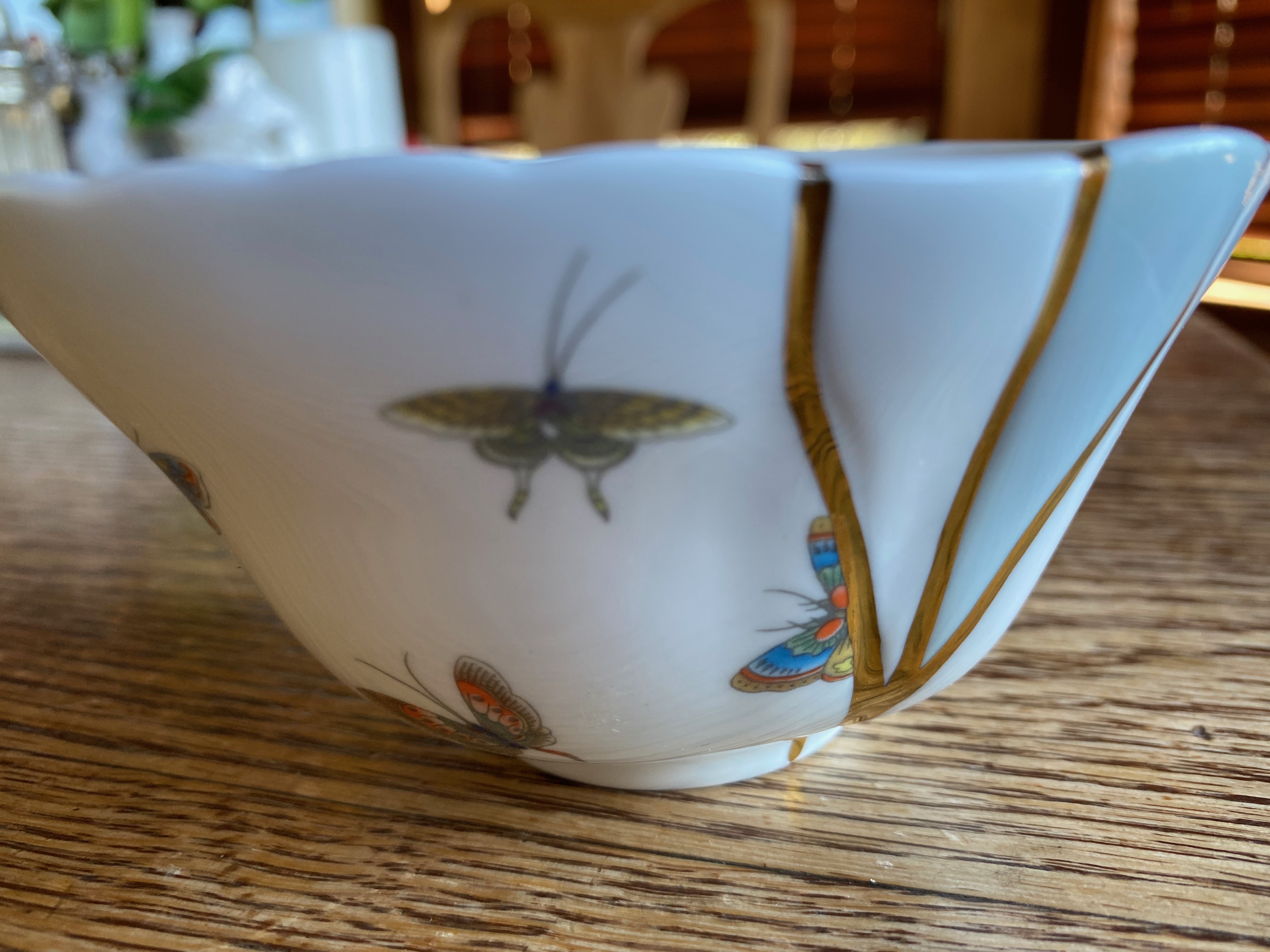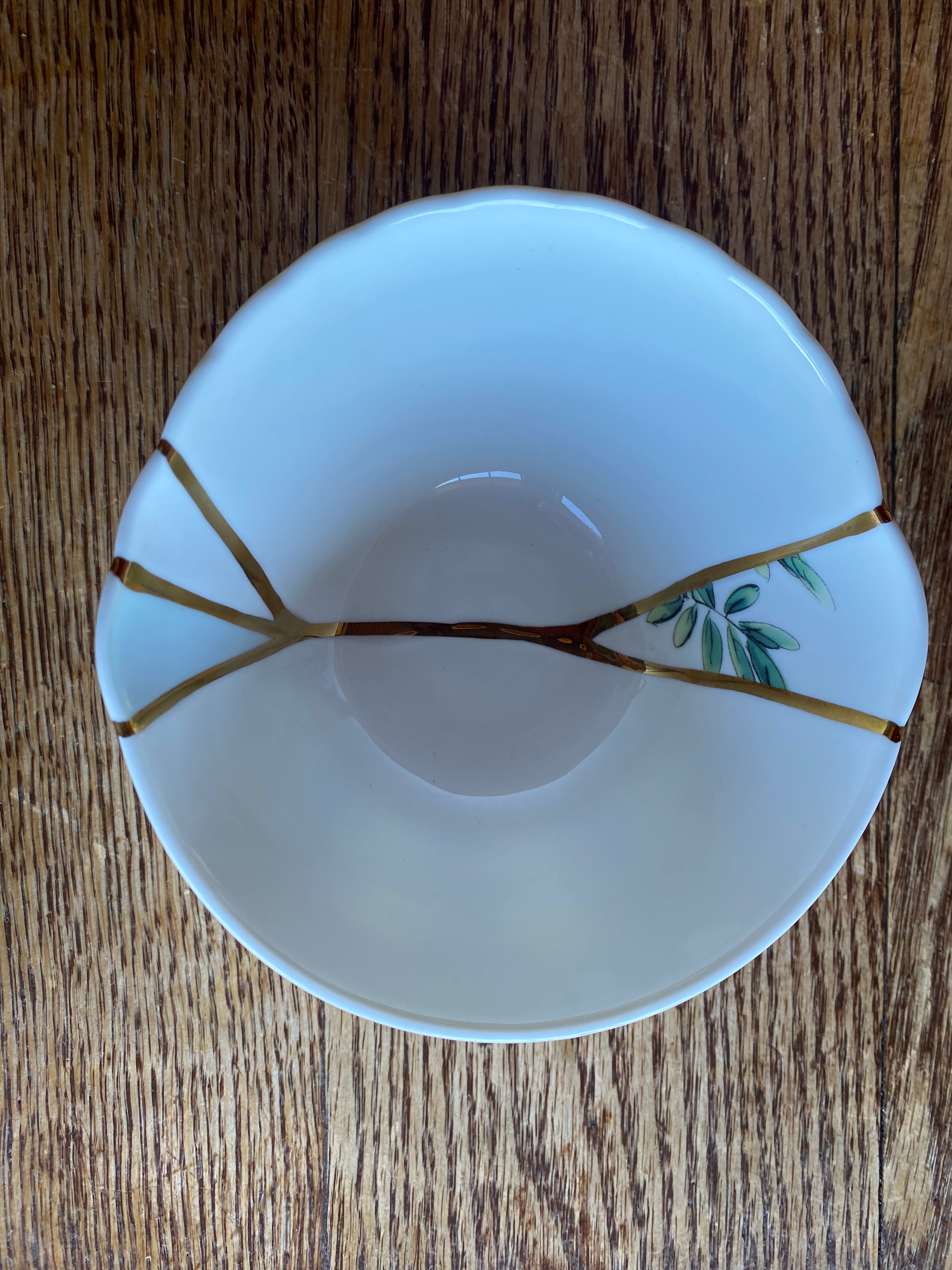
It’s been many months since I shared a blog post. I have been quiet in this space but a lot of good has been happening. I’m finally feeling relief from the heavy weight of depression. Thank God! I can’t say what changed, why I feel this lightness and even—dare I say—joy, but I am grateful. I wake up each morning eager to start the day and enjoy the simpler pleasures of life, like my morning coffee or a walk by the shore. I don’t take any of this for granted.
In my worst moments this past spring, I was deeply despairing. I did not want to accept the fact that I was a divorced person, that I was experiencing failure and rejection. I never thought divorce could happen to me. It felt worse than a death. I wasn’t sure I had the strength to go on.
Little by little I did go on. I officially moved in with my parents and rented my house out for a year. I saw friends, new and old. I did therapy and spiritual direction. I looked for work. I was fighting for life each day. Many days just getting dressed felt like a chore. What was my new identity as a single 53-year-old woman? What would I do with my life, my one precious life God had given me? How did I go on when my life had been completely upended? All those routines I had experienced for decades—nearly a lifetime, 33 years of marriage—now looked completely different.
In the midst of my struggles, my friend Merrilee gave me a kintsugi bowl, pictured below. Kintsugi is a Japanese art form wherein broken pieces of pottery are repaired using gold filigree to fill in the cracks. The object then becomes even more beautiful as a result of the repair work.
“I’m gifting you with this kintsugi bowl as a daily reminder that God heals the brokenhearted,” Merrilee wrote. She quoted Isaiah 42:3: “A bruised reed he will not break, and a smoldering wick he will not snuff out. In faithfulness he will bring forth justice.”
 Merrilee encouraged me that I would be healed, that I would be useful and beautiful and that God would use this awful season for His glory and as a way to give me a greater purpose. Merrilee is a kindred spirit in this regard. She has also gone through a painful divorce these last few years. Her broken heart has helped heal mine.
Merrilee encouraged me that I would be healed, that I would be useful and beautiful and that God would use this awful season for His glory and as a way to give me a greater purpose. Merrilee is a kindred spirit in this regard. She has also gone through a painful divorce these last few years. Her broken heart has helped heal mine.
I promptly put the kintsugi bowl on my dresser, in between photos of my two handsome sons. Then, a funny bit of serendipity happened a few months later. I was browsing in a gift store and happened to come across a wonderful book about the Japanese philosophy of wabi sabi. I had never heard of wabi sabi before, but I learned that it is an ancient way of thinking. Essentially, wabi sabi says that all things are imperfect, unfinished and impermanent. Wabi sabi says we shouldn’t strive for perfection in our lives or work, but rather, live in the moment and accept—even embrace—our imperfection. Wabi sabi thought pervades all of Japanese culture and the arts. Kintsugi is one way to express it.
What a stroke of good timing that I came across this book! (If you want to read more, look for “Wabi Sabi: The Wisdom of Imperfection,” by Nobuo Suzuki.) I read it through twice and bought several copies for friends. The most meaningful sections for me talked about how we can actually be stronger after we have been broken. Like the kintsugi bowl, “our scars are not to be hidden; they are actually part of our story…What we have survived this far is our greatest treasure. A wound is the entrance by which light penetrates you.”
There is so much about wabi sabi I want to embrace. I love how it emphasizes living in the present in place of being “burdened by the past or frightened of the future.” I love how it embraces imperfections and asymmetry, simplicity and nature. You see it everywhere in Japanese art, from haiku poetry to the art of bonsai growing to Zen philosophy to the cherry blossom festivals every year.
At the end of the book, the author gives suggestions on how to live a wabi sabi life, basically encouraging readers to simplify, declutter, live in the present, and keep a journal that notes what did and did not give one energy that day. It’s true that we hear these concepts frequently these days—in fact we almost become numb to this talk. But do we really do them? In fact our Western culture works against these concepts. Its focus on perfection, symmetry and complexity is quite the opposite of wabi sabi thinking.
Do you already practice wabi sabi in your day to day life? I reflected on this question a bit and the first “wabi sabi” thing I noticed about my days was time spent with my dog! When I walk my dog or play with him, I’m completely submerged in the present. I’m not thinking about the past or the future, but just enjoying the way he smells the bushes or laughing at the way he pulls on his rope. Pets are great generators of wabi sabi practice!
Another “wabi sabi moment” for me is walking. There is nothing so healing to me as walking the beautiful shoreline path by my parents’ house and observing the changing tides, pelicans and wildflowers. Those are true wabi sabi moments. There’s nothing to strive for, nothing to perfect—just plain acceptance and recognition of what’s in front of me. Each walk is new and different. As it’s said, you can’t enter the same river twice…each time I walk I notice new details I haven’t seen before.
If there’s one thing this divorce has taught me, it’s that nothing is permanent. I thought I would easily celebrate my 50th wedding anniversary some day. That was not to be. Nothing is perfect, either. I have accepted the fact my marriage had flaws—fatal ones. Wabi sabi, though, says that my story isn’t over. I can be stronger as a result of my cracks. I still have a lot left to give the world.
Wabi sabi is not unlike the Christian concept of grace. God can redeem any situation. He can take the pieces of my broken life, repair them and make something beautiful. In my worst moments I had trouble believing this. I questioned God. I felt abandoned. Now I see I had to pass through those waters to get to where I am now. Life still feels awfully hard sometimes; our divorce is yet to be finalized. But the cracks are being repaired. I am growing stronger and brighter, facing each day one at a time.


I’m glad your feeling better. It’s natural to mourn something you valued so deeply. It’s not a small thing to have your life derailed and it takes a long time to recover from. We can become uncertain & confused, wondering what we should do with the love we still feel. Be aware we never have to stop loving anyone…though we may come to sadly realize we will have to love some people from a distance. ❤️
Wow, you convinced me to obtain Suzuki’s _Wabi Sabi_ book. Would love to meet you in Berkeley for a walk.
Powerful post. Thanks.
So many great messages here. You are stronger after you’re broken it’s true. You have so much ahead if you! Time for a vision board
Allison, thank you for this post. I’ve read of the concept of gold-filled cracks adding value to a broken piece, and it’s a beautiful concept. Connecting wabi sabi to grace is very meaningful. Your healing is evident through the quiet spirit of your words. Keep walking this path of healing. You have so much to offer your marvelous sons, those who know you, and those you have yet to meet.
Beautiful Allison
The convergence of Wabi Sabi with Kintsugi wrapped with Grace.
The beautiful bowl, a reminder that we all have broken places..
how we heal marks the future * makes the difference.
Thank you for sharing your path…hard fought..well done
So proud of you, you have found your self. I’m so happy that all of your heartache is becoming joy. And strength. God Bless you, you are in my prayers! Mary
Allison,
Poet Mary Oliver said it:
“Someone I loved once gave me a box full of darkness.
It took me years to understand that this, too, was a gift.
After a while I lifted the lid off that box and found the darkness gone.”
I found it to be full of chocolates!
Thanks for your insights…. Donna Love,
this is so beautiful, Allison, and I read it twice …seeing and feeling new things in the sentences just as you do in your walks. I loved this language about your walks which I relate to (but hadn’t articulated) about the walk I take in my neighborhood every day — I see the ‘same’ flowers that are in a constant state of change and take pictures of them over and over: “There’s nothing to strive for, nothing to perfect—just plain acceptance and recognition of what’s in front of me. Each walk is new and different. As it’s said, you can’t enter the same river twice…each time I walk I notice new details I haven’t seen before.”